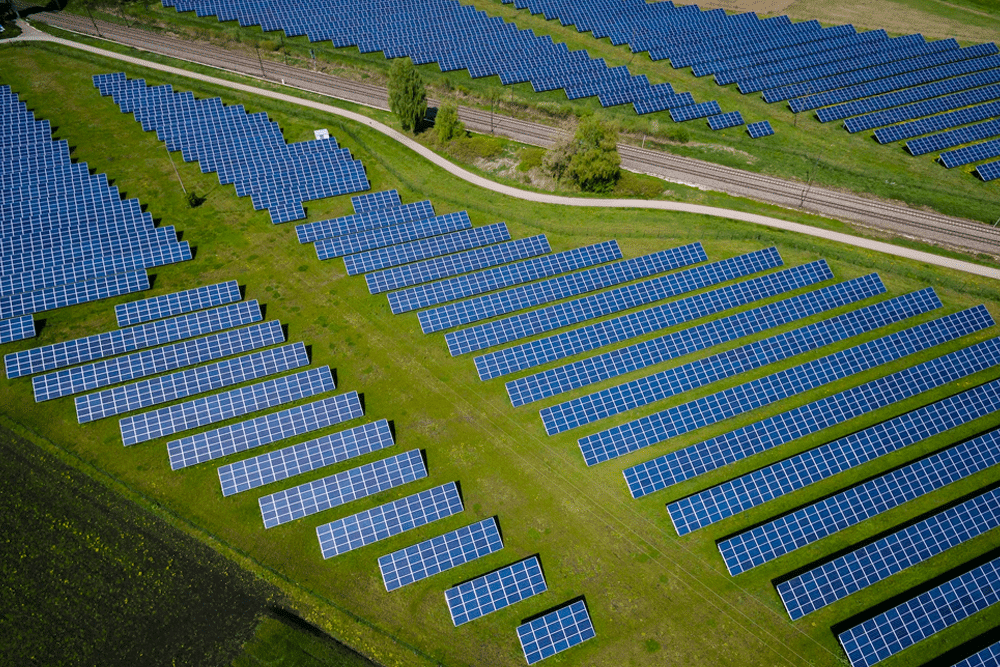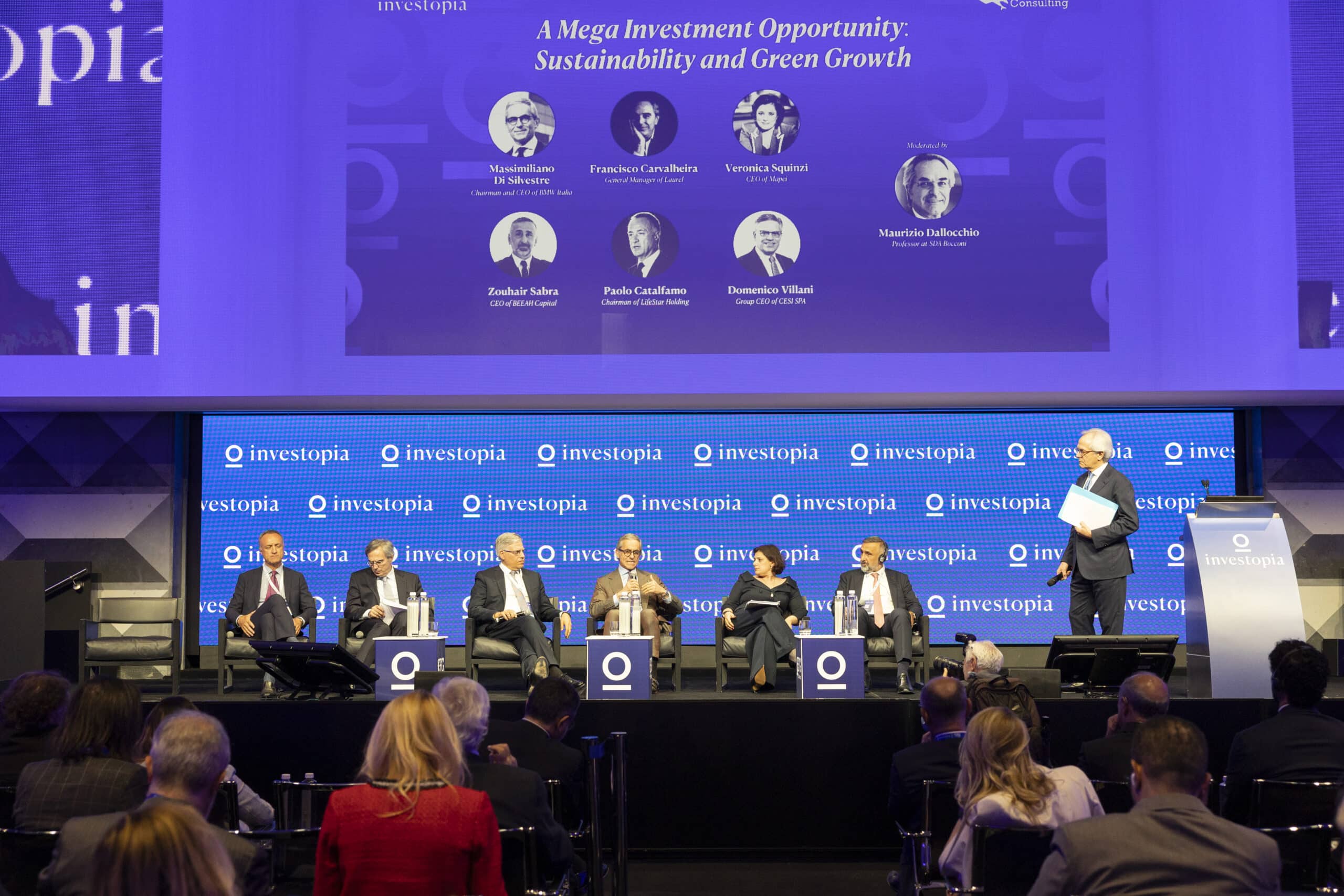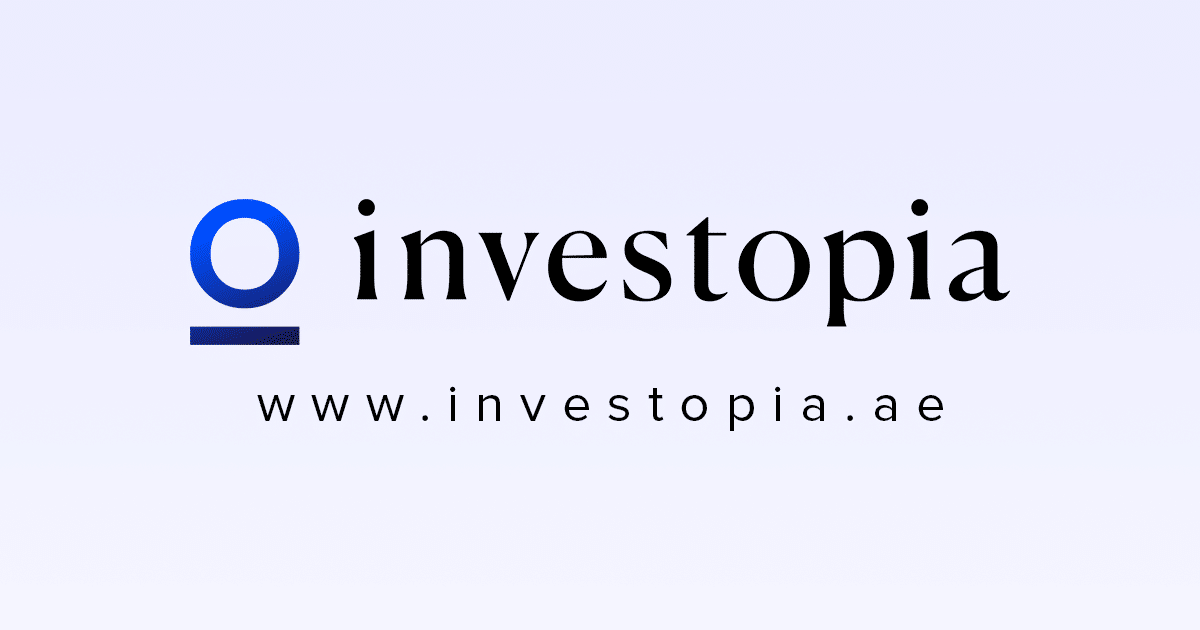Session Speakers:
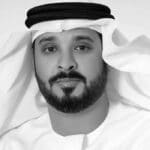
Ahmed Al Naqbi
CEO, Emirates Development Bank
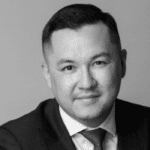
H.E. Renat Bekturov
Governor of the Astana International Financial Centre
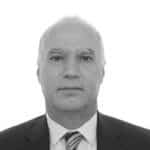
Issam Abousleiman
Regional Director for the GCC, World Bank
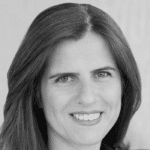
May Nasrallah
Founder & Executive Chairwoman, deNovo Partners
Share
Listen to this content
Key Takeaways
- The GCC region focuses on economic development, diversification, transition, production, and ESG as essential topics for sustainable growth.
- Hydrocarbon-dependent countries are exploring new sustainable energy options, as renewable energy can be cheaper and help save oil for export, thereby positively impacting the economy, industry, and employment.
- The UAE and the GCC region have been doing better than the rest of the world regarding economic growth, with the non-hydrocarbon economy growing faster than the hydrocarbon economy. This trend has accelerated in recent years.
- Sustainable energy aligns with the goals and visions of GCC countries, especially in diversifying the economy. The UAE is set to become the first country to go net zero, followed by the rest of the GCC countries by 2050-2060.
Productivity is critical for economic growth in the region. The GCC region must diversify into other industries like tourism, healthcare, and industry to increase productivity. - Connectivity for electricity and railway connectivity between GCC countries will be crucial for developing sustainable energy. Furthermore, the manufacturing sector is essential for the region's growth, and advanced technology plays a significant role in this sector.
The importance of economic growth, diversification, transition, production, and ESG was discussed during the session entitled “Reimagining Regional Economic Development Through Finance.”
The session featured esteemed speakers, including Ahmed Al Naqbi, CEO of Emirates Development Bank, H.E. Renat Bekturov, Governor of the Astana International Financial Centre, and Issam Abousleiman, Regional Director for the GCC at the World Bank. The session was moderated by May Nasrallah, Founder & Executive Chairwoman of deNovo Partners.
The panelists emphasized the critical role of environmental sustainability in shaping regional economic development, with renewable energy taking center stage. As hydrocarbon-dependent countries like the UAE explore sustainable energy options, the shift towards a green economy is increasingly viewed as a wise economic decision. The region’s non-hydrocarbon economy is growing faster than its hydrocarbon counterpart, a trend that has accelerated in recent years.
Panelists highlighted the importance of diversification, productivity, and innovation in driving economic growth. Issam Abousleiman of the World Bank stressed that productivity is key to unlocking economic growth in the GCC region, where even a 1% increase in productivity growth could result in an additional 5% growth per year.
May Nasrallah, the moderator, highlighted the significance of economic development in the region, as it attracts more foreign direct investment (FDI) and measures how much attention is given to economic development in that part of the world.
Ahmed Al Naqbi, the CEO of Emirates Development Bank, emphasized the importance of technology deployment in manufacturing, stating that any product can be produced with a small population and the right technology. He also discussed the UAE’s priority sectors, including food security, healthcare, and infrastructure, and mentioned that the UAE is allocating up to $1 billion for financing renewables.
The Investopia 2023 panel discussion also highlighted the UAE’s strategic priorities regarding technology deployment and innovation. Ahmed Al Naqbi, CEO of Emirates Development Bank, shared his thoughts on the role of technology in manufacturing, stating, “We are a small country with a small but very productive population. You could produce anything with a small population and the right technology.”
Al Naqbi also emphasized the importance of adopting technology in various priority sectors, including food security and healthcare. He mentioned his experience visiting factories, saying, “When I visited factories that we invested in, the robots and technology are impressive, which help reduce costs and show the development of manufacturing.”
Addressing the UAE’s focus on sustainability, Al Naqbi said, “This year is the year of sustainability, and we proudly host the COP28 event. Renewables are on our radar, and we are allocating up to $1 billion on financing.” He explained the UAE’s position in the energy landscape: “We don’t see the UAE as a hydrocarbon leader but rather a leader in the energy space, agnostic of what that means. We are very much leaders in many energy sectors such as solar energy and hydrogen, and we will continue to be so by investing.”
Regarding financing tools for driving FDI growth, Al Naqbi shared his views on the availability of financing in the UAE: “We have 43 commercial banks with no lack of financing. Here at Emirates Development Bank, we are focused on economic impact and offer financing from startups to larger businesses, with whom we become their partners for up to 10 years and even further.”
Al Naqbi provided valuable insights into the importance of environmental sustainability, connectivity, productivity, and innovation in shaping regional economic development. With countries like the UAE and Kazakhstan taking the lead in embracing sustainable finance and investing in renewable energy and green finance, the future of regional economic development looks promising. The session’s key takeaways, including verbatim quotes from panelists like Ahmed Al Naqbi, underscore the crucial role that finance will play in achieving these goals and driving sustainable economic growth.
The session underscored the significance of energy transition as a critical component of sustainable economic development, as highlighted by Issam Abousleiman, the Regional Director for the GCC at the World Bank. Abousleiman emphasized that sustainability is a vital topic that countries in the region must address, and sustainable energy aligns with the strategic goals and visions of the GCC countries, particularly when it comes to economic diversification.
Abousleiman provided a comprehensive analysis of the benefits of sustainable energy that extend beyond diversification. He noted that renewable energy sources could provide cheaper electricity compared to traditional fossil fuels. This cost reduction enables GCC countries to save oil that can be exported, positively impacting the economy, particularly in industries and employment sectors. Consequently, this shift in energy production can support a more sustainable and resilient economic growth model.
Abousleiman observed that the dialogue surrounding the green economy in the GCC is undergoing a significant transformation. The region’s countries are progressively adopting more ambitious climate targets and implementing strategies to achieve net-zero emissions. The UAE is leading this change as the first country in the GCC to commit to net-zero emissions, followed by the rest of the GCC countries, who aim to achieve this target by 2050-2060. This commitment to energy transition demonstrates the region’s dedication to combating climate change and fostering a sustainable future.
H.E. Renat Bekturov, the Astana International Financial Centre Governor in Kazakhstan, shared his country’s approach to green finance and its role in policy-making. He mentioned that finance is an enabler that nurtures specific sectors of the economy, and they have implemented green finance, taxonomy, and public instruments for investment. He also discussed the importance of building a worldwide or at least regional emission trading system and a reasonable pricing mechanism.
Bekturov discussed the significance of taxonomy in green finance, stating, “A robust and comprehensive taxonomy system is the backbone of sustainable finance, enabling investors, businesses, and policymakers to make informed decisions that contribute to a more sustainable and resilient economy.”
He also highlighted the importance of regional cooperation in driving sustainable growth, saying, “As pioneers of green finance in Central Asia, we understand the value of collaboration. Our efforts to assist our neighbors in developing their taxonomies demonstrate our commitment to fostering regional collaboration and championing sustainable development.”
On the subject of a regional emission trading system, Bekturov emphasized the need for an effective pricing mechanism, noting, “A well-functioning and fair pricing mechanism is vital for driving the adoption of cleaner and more sustainable technologies and practices. The recent surge in carbon credit prices in Europe underscores the importance of a reliable pricing system in catalyzing the energy transition and reducing emissions.”
Regarding diversifying their economies, Abousleiman advised GCC governments to focus on productivity, which will be the key to economic growth. He also suggested diversifying into other industries, such as tourism, healthcare, and industry. The GCC finally implemented railway connectivity between each other, connecting from Mashreq to Europe, and electricity connectivity is also crucial for developing sustainable energy. Renat Bekturov mentioned that connectivity and reinventing the new connectivity is a priority for the country, and they are reestablishing the middle corridor for connection.
The session’s takeaways emphasized the importance of sustainable energy, productivity, diversification, technology deployment, and financing tools. These topics are significant for the region’s economic development and attracting FDI. The dialogue in the GCC about the green economy is changing, and many countries are focusing on diversifying their economies, with the UAE leading the way in sustainable energy.



